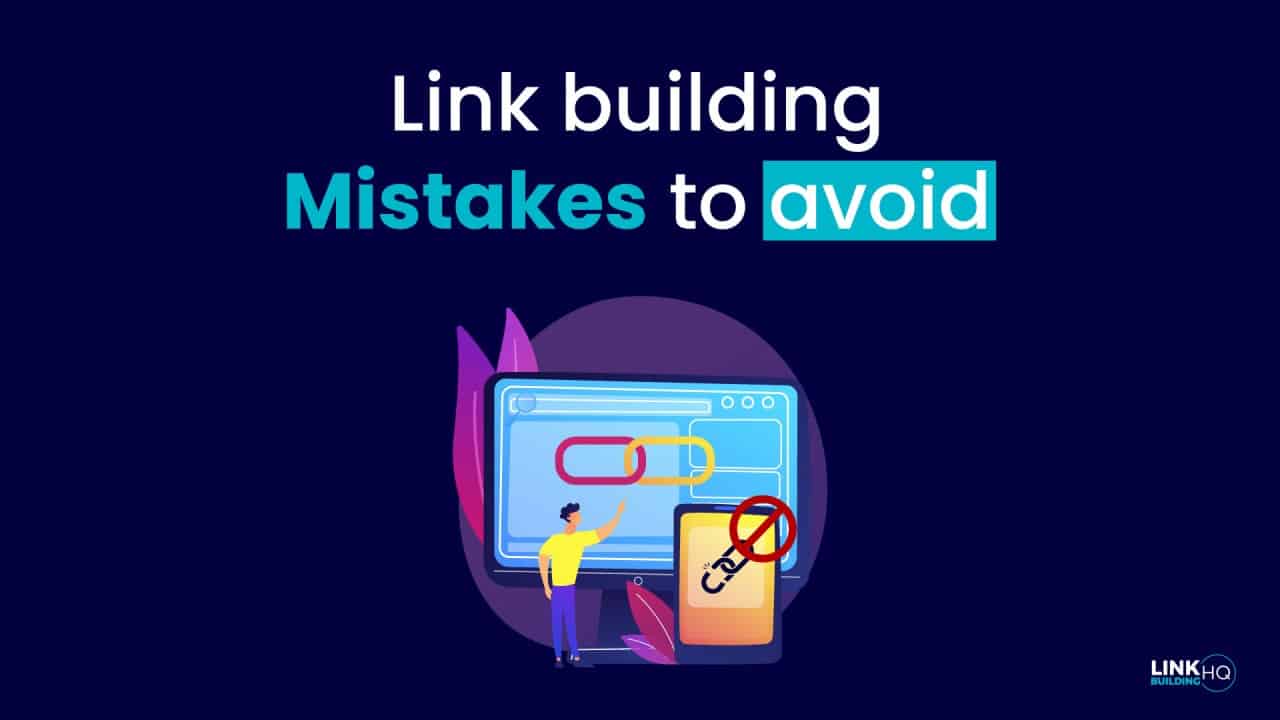Link building is a critical component of SEO strategy, but it’s also a complex and occasionally misunderstood one. In the quest for better search engine rankings, businesses can sometimes stumble into avoidable errors. To help you navigate this landscape, let’s take a look at five common link building mistakes and how to steer clear of them.
- Prioritizing Quantity Over Quality in Link Building
In the early days of SEO, the site with the most backlinks often won the ranking race. But search engines have evolved a lot over the last decade, and they now prioritize the quality of links over quantity. One high-quality backlink from a reputable, high-authority site is far more valuable than dozens of low-quality links.
It’s essential to shift your focus from the sheer number of backlinks to the quality of those links. Using a backlink monitoring tool to assess the quality of your backlinks is a crucial step in your link building strategy. Backlink monitoring software can identify the authority and other metrics of your backlinks, allowing you to focus on acquiring high-quality links.
- Ignoring Relevance and User Intent
Another error that is made frequently is ignoring relevance and user intent. Any backlink was considered a good backlink some time ago. However, today, relevance is king. A backlink from a website that has nothing to do with your industry or content might increase your backlink count but is unlikely to improve your ranking.
Search engines aim to provide users with the most relevant results for their queries. If your backlinks come from unrelated sites, search engines might perceive your site as less relevant, potentially harming your rankings. Therefore, it’s crucial to use special link building tools in your outreach efforts to ensure you’re building valuable and relevant links.
- Over-Relying on Exact Match Anchor Text
Exact match anchor text, where the clickable text in a hyperlink exactly matches the page’s targeted keywords, was once a powerful SEO tactic. However, overuse of this approach can now harm your SEO efforts. Search engines view an excessive amount of exact match anchor text as manipulative and unnatural, which can lead to penalties.
Diversifying your anchor text is key to a healthy link profile. This means using a variety of branded, generic, and keyword-rich anchor texts. A backlink monitor can help you keep track of your anchor text usage and diversify it for a natural link profile.
- Neglecting the Quality of Content
The adage “Content is King” holds true in SEO, and it’s especially relevant when it comes to link building. High-quality, unique, and informative content naturally attracts backlinks. If your content provides value, other websites will want to link to it, boosting your authority and rankings.
On the other hand, low-quality content not only fails to attract links but might also damage your site’s reputation. Always focus on creating content that provides value to your audience, and the backlinks will naturally follow.
- Neglecting Internal Links
Internal linking, the practice of linking to other pages on your website, is an often-overlooked aspect of link building. These links help search engines understand the context and relationship between different pages on your site while improving user navigation.
Internal links distribute link equity across your site, helping to boost the ranking potential of each page. Therefore, it’s vital to add internal linking checks to your SEO strategy. Regularly review your internal linking structure to ensure it provides the best user experience and contributes to your SEO goals.
Remember, effective link building isn’t about shortcuts or quick fixes. It’s about building a network of high-quality, relevant links that enhance your site’s value and user experience. So, invest in a good backlink monitoring tool or backlink monitoring software package to regularly review your link profile. This will help you identify any potential issues, such as overuse of exact match anchor text or links from irrelevant sites.
Using a backlink monitor also allows you to keep track of your competitors’ link building strategies. You can learn from their successes and avoid their failures. Don’t underestimate the value of SEO link monitoring in your link building journey.
Note that link building is a marathon, not a sprint. It requires patience, persistence, and a commitment to quality. By avoiding these common mistakes, you’ll be well on your way to a successful link building campaign and improved search engine rankings. Arm yourself with the right tools, stay informed about the latest SEO trends, and continuously refine your link building strategy to remain competitive in the digital landscape.
